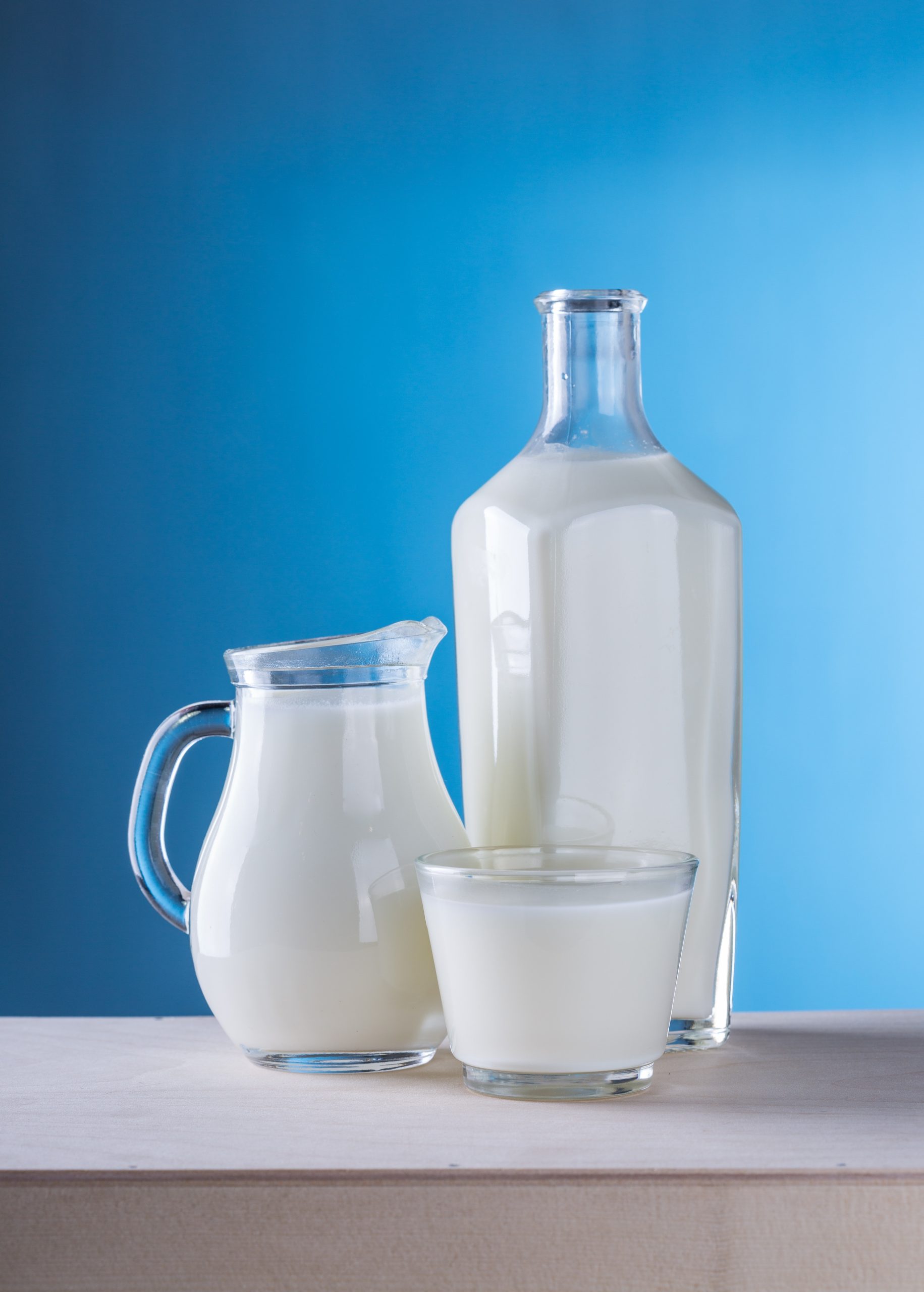
IDF has established a joint IDF / ISO program for methods of analysis and sampling of milk and dairy products
The consumption of milk and dairy products has always been an essential part of human nourishment since time immemorial. As the global population continues to surge, so does the demand for these indispensable nutrients. With this escalating demand, it becomes increasingly crucial to monitor and regulate the quality of milk and dairy products produced for public consumption, ensuring that they meet the highest possible standards. In order to achieve that, IDF, the International Dairy Federation, has established a joint IDF/ISO, International Organization for Standardization program to develop comprehensive methods of analysis and sampling for milk and dairy products.
The Joint IDF/ISO Program – Advancing Food Safety Together
The collaboration between the International Dairy Federation and the International Organization for Standardization is aimed at combining their vast knowledge, resources, and expertise to create comprehensive guidelines that can be adopted worldwide. Their shared goal is to ensure and maintain food safety in milk production by developing harmonized international standards that can be applied on a global scale.
Years of groundwork have led to the establishment of these international standard procedures, determined by thorough assessments carried out by expert task forces appointed by both organizations. The joint IDF/ISO partnership has set guidelines explicitly focusing on methods of analysis and sampling, which are critical in guaranteeing that milk and dairy products maintain their required high standards.
Implications of the Program on Milk Producers & Processors
The success of this joint initiative relies heavily on its widespread adoption by national governments worldwide. Promoting these standardized procedures ensures that everyone involved in milk production – from small-scale farmers to multinational corporations – operates under the same stringent rules. This ultimately results in uniformly high-quality milk and dairy products being provided across borders.
By implementing these standardized methods in their regular practices, producers can fortify their consumer confidence as customers are reassured about the quality of the products they purchase. Adherence to these standards not only allows businesses to thrive but also minimizes costs associated with product recalls or losses arising from spoilage.
Continuous Collaborative Efforts & Their Importance
Harmonized standards result from a continuous effort involving scientists, engineers, microbiologists, chemists, and many specialized experts working together under the joint IDF/ISO program. Their collaborative research leads them to establish reliable testing methodologies capable of detecting various faults during different stages of milk production.
It is crucial that these efforts be sustained; as new technologies enter the market and consumer preferences evolve continuously. The continuous cooperation between IDF and ISO ensures that their revised protocols keep adapting over time while maintaining food safety at its core.
Future Prospects & Implications
Given how closely connected countries have become through globalization, harmonizing international standards for milk production aids not only food safety endeavors but also encourages trade relationships between nations. Many vouch that implementing such uniform guidelines not only benefits industries keen on maintaining product quality but also provides an opportunity to facilitate information exchange among professionals.
This collaboration represents an exemplar model for other agricultural industries intending to create standardized procedures globally. Working together can be further extended beyond food safety towards addressing broader concerns such as environmental sustainability.
As global consumption shows no signs of slowing down, diligence in producing high-quality milk and dairy products require unwavering dedication from all stakeholders within this sphere. The joint IDF/ISO initiative sets an important precedent toward maintaining strict quality controls within this crucial food sector. By creating reliable methods for analysis and sampling catered explicitly toward milk products, they have effectively facilitated a universal approach towards adequate food safety regulation – allowing everyone worldwide exclusive access only to safe nourishment derived even from this simplest yet vital food group.